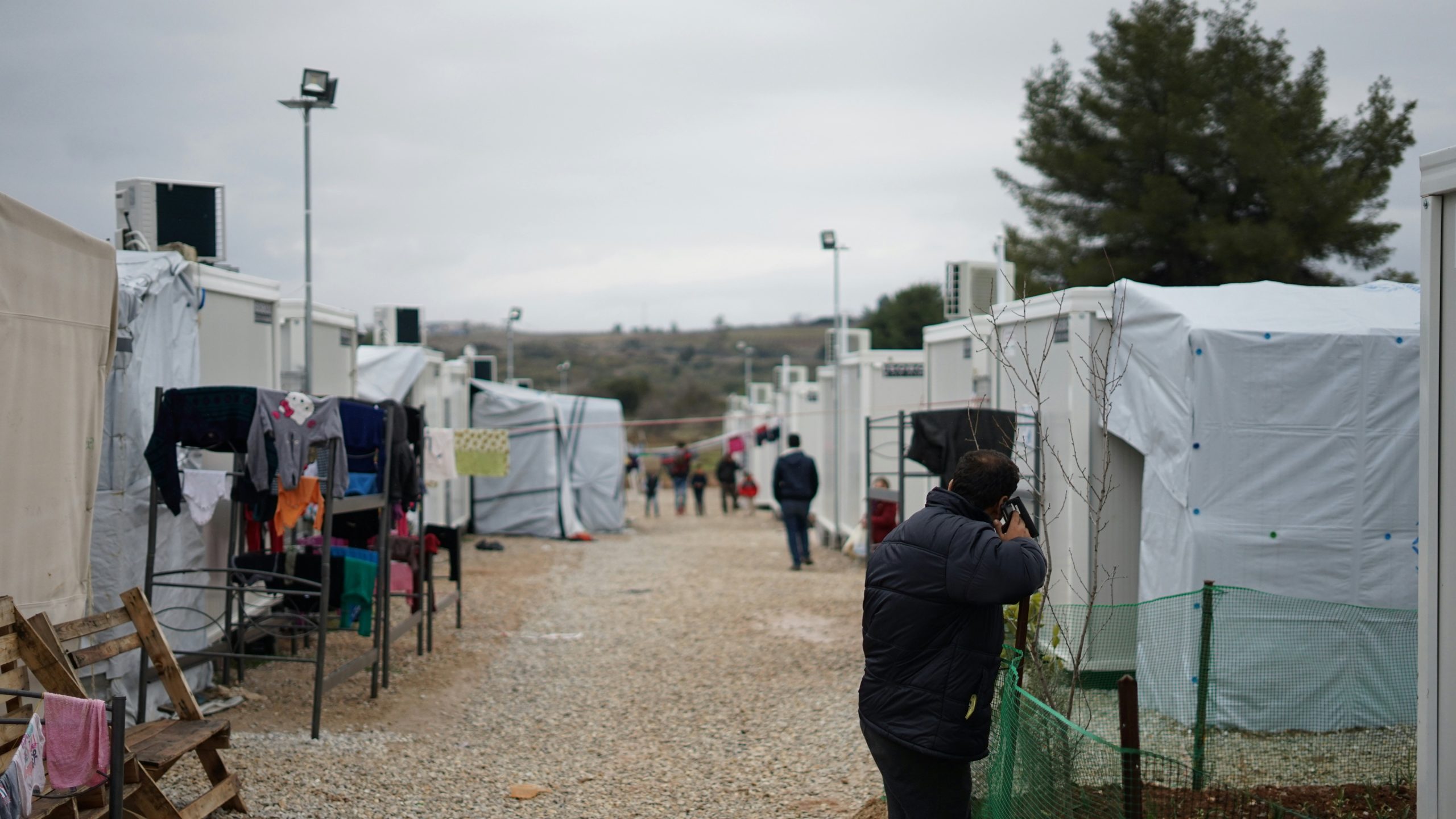The Trump administration plans to advocate for global asylum rights restrictions at a UN General Assembly side event this month. Internal State Department documents outline a policy which requires asylum seekers to request protection in the first country they enter, not a nation of their choice.
Asylum would be temporary, with host countries deciding when return is safe. A State Department spokesperson confirmed these details, signaling a departure from existing international norms.
Why Global Asylum Rights Restrictions Matter
Post-World War II agreements guarantee refuge for those fleeing persecution based on race, religion, or politics. The proposed restrictions challenge this framework.
Officials argue migration is a 21st-century challenge, with asylum systems abused for economic migration. Mark Hetfield, president of HIAS, warned that weakening these protections risks returning to Holocaust-era conditions, leaving the persecuted without safe havens.
Leaders Driving the Initiative
Deputy Secretary of State Christopher Landau will lead the UN event. Andrew Veprek, Trump’s nominee for the State Department’s refugee bureau, supports the overhaul. In a Senate hearing, Veprek called the current system outdated and prone to abuse, urging a new global framework.
US Refugee Policy Shifts
The administration’s focus extends beyond the UN. It prioritizes resettling white South African Afrikaners, with 138 arrivals since May and discussions of a 60,000-person refugee ceiling for 2026, heavily favoring them, per a U.S. official. Spencer Chretien, a senior refugee official, emphasized this as the top goal.
Next Steps for Global Asylum Rights Restrictions
The US cannot unilaterally alter the 1951 and 1967 refugee pacts binding most nations. The administration will seek support from like-minded governments, but broad agreement appears unlikely.
The UN event’s outcome will indicate whether global asylum rights restrictions gain traction or face resistance. For South Africans, this raises questions about prioritized resettlement and the future of protections for all refugees.


